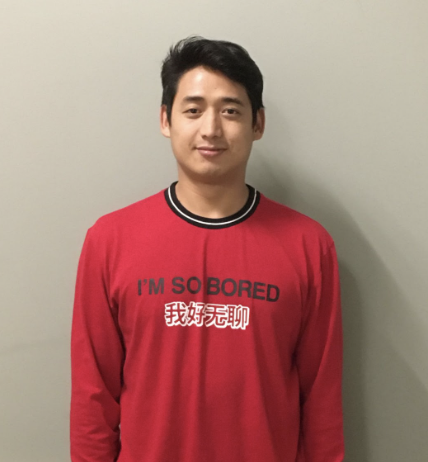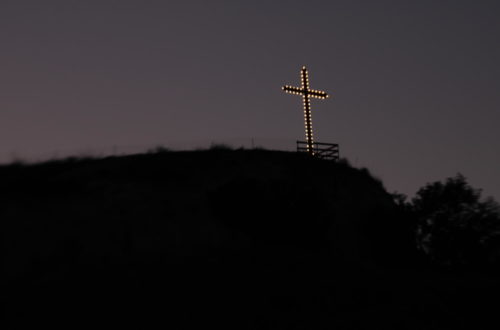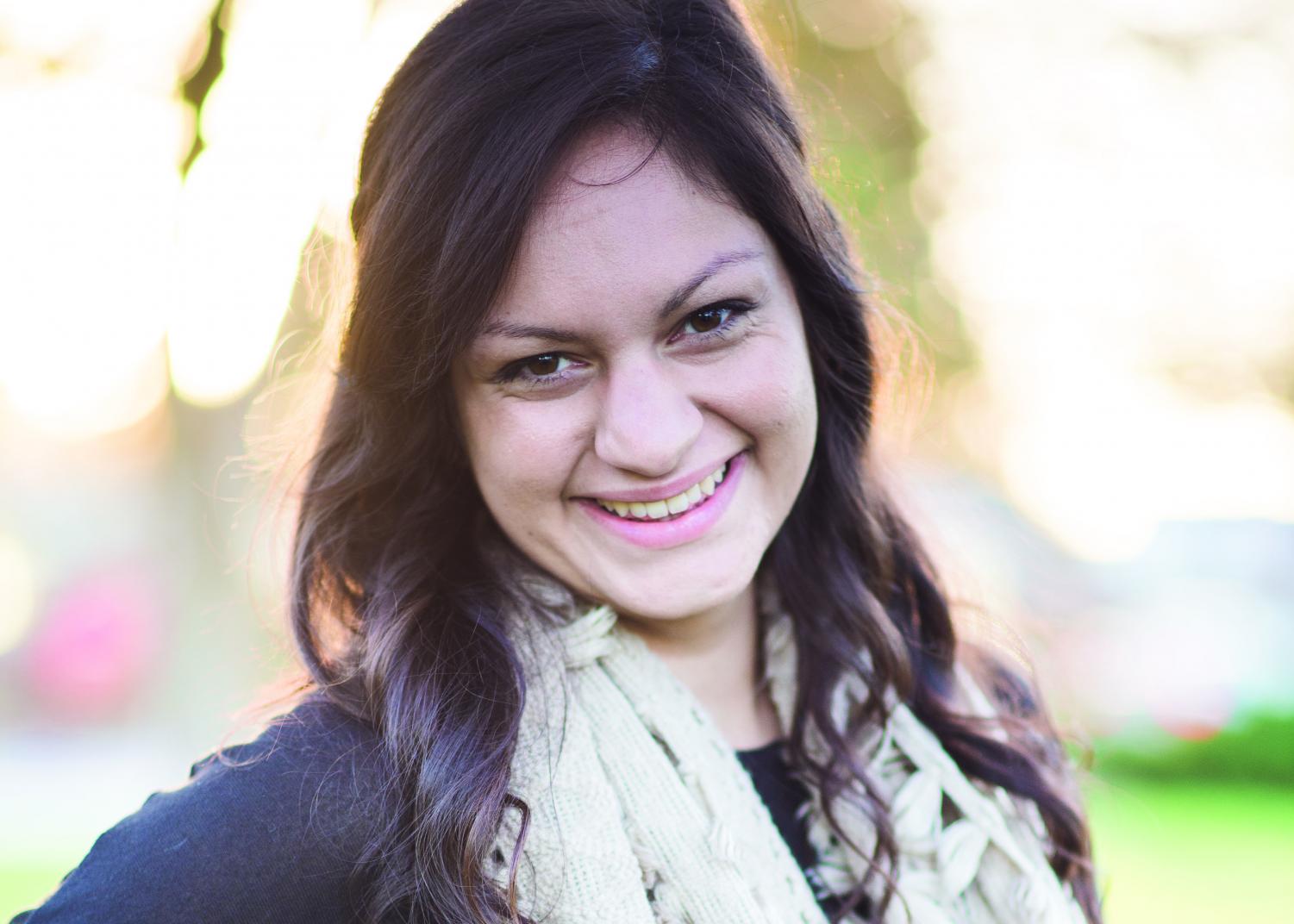
“Because of the sanctions in Myanmar, [the process] was very hard. But God gave me the visa.”
When missiology major Yaw Bay, 33, landed in the United States after his first-ever airplane flight, his first hurdle was learning how to cross the street. Bay, who grew up in a village in Myanmar’s rural countryside with no electricity, traffic signs or cars, was understandably bewildered by Los Angeles traffic. He stood on the sidewalk for over 20 minutes before a man showed him which button to press for the crosswalk sign to light up so he could walk across the road.
Bay is the first person he knows of from his hometown, Golden Butterfly Village, to study abroad. After his dad passed away from malaria in 1999 and his mom died from the same disease a year later, 10-year-old Bay and his three younger sisters went to live in the Myitta Yin Khwin Orphanage, a nonprofit organization supported by the local church. In the rainy season, the roof leaked and because there were not any sponsors, there was not enough food.
Bay said he often thought back to what his mom said before she passed away — she reminded him that he was the eldest son and that she had submitted his life to God and to the ministry. This spurred him on to persevere and study hard while in the orphanage. His studying paid off, and Bay became the first person to pass the orphanage high school classes and pursue degrees in divinity. Eventually, he became a pastor and the director of Myitta Yin Khwin Orphanage.
One of Bay’s professors at the orphanage school who received her Ph.D from Biola’s Talbot School of Theology first told him about Biola, which piqued his interest. His professor does missionary work with the Buddhist community, which inspired Bay to look into studying at the Cook School of Intercultural Studies. Bay decided to pursue a missions education at Biola, so he took a 45-minute drive downtown to get Internet access and fill out the online application. After weeks of back-and-forth with Biola admissions counselors, a challenge because Bay could not check his email while at the orphanage, he was accepted to the university.
Due to the current civil war in Myanmar, which has been ongoing since 1948, the country faces sanctions from the U.S. government. Bay explained that after being admitted to Biola, he could not immediately complete the visa process because the American Embassy in Myanmar was closed. Bay applied for a visa three times before getting an appointment, at which point he had to return for an interview. The counselor at the embassy asked Bay what he would do in the United States — study the Bible — and what his job was — orphanage director.
120 people from Myanmar applied for 13 visa spots. Bay was number 49. Everyone before him was rejected, but when Bay’s turn came, his visa was approved. One week later, he gathered his passport and documents and bought a plane ticket. Bay flew to Illinois and stayed with a friend who was finishing her Ph.D at Chicago University before coming to Los Angeles.
At first, the transition to the U.S.was completely overwhelming. Bay was not familiar with Google Maps, so navigating was a challenge. He did not have a credit card; when he went to get a haircut, the store did not accept cash so he could not pay. Cooking food was foreign — Bay used firewood to light his stove in Myanmar, so he did not know how to use an oven and feared it would explode.
“After two weeks, I totally decided to go back [to Myanmar],” Bay said. “I don’t know how to cross the street. I don’t know how to pay. Last semester, I have only one friend.”
As he was unfamiliar with the American teaching system, Bay struggled to read powerpoint slides, take notes and listen to his professor lecture in English all at once. He worried about making mistakes while speaking and was reluctant to communicate in class. Over time, however, Bay said that he has gotten to know his professors and often meets with them after class and during office hours to revise his papers.
Like when he worked as a pastor and taught children at the orphanage in Myanmar, Bay currently serves as a pastor and choir leader at California Lisu Church in Chino Hills. He teaches Bible study every week to the Thai congregation there and preaches once a month in his first language, Lisu. At Biola, Bay works as a custodian and sends money to the kids at Myitta Yin Khwin Orphanage every month.
After earning his degree in Missiology, Bay wants to stay in the U.S.for one year to serve at California Lisu Church and save money. After that, his dream is to return to Myanmar and buy a house, where he will live with his sisters.
Until then, he continues to work and study at Biola, knowing that over 8,000 miles away, his closest friends are petitioning heaven on his behalf.
“God is amazing,” Bay said. “Even when here I have so many problems, in the orphanage, the children are praying for me every day.”


